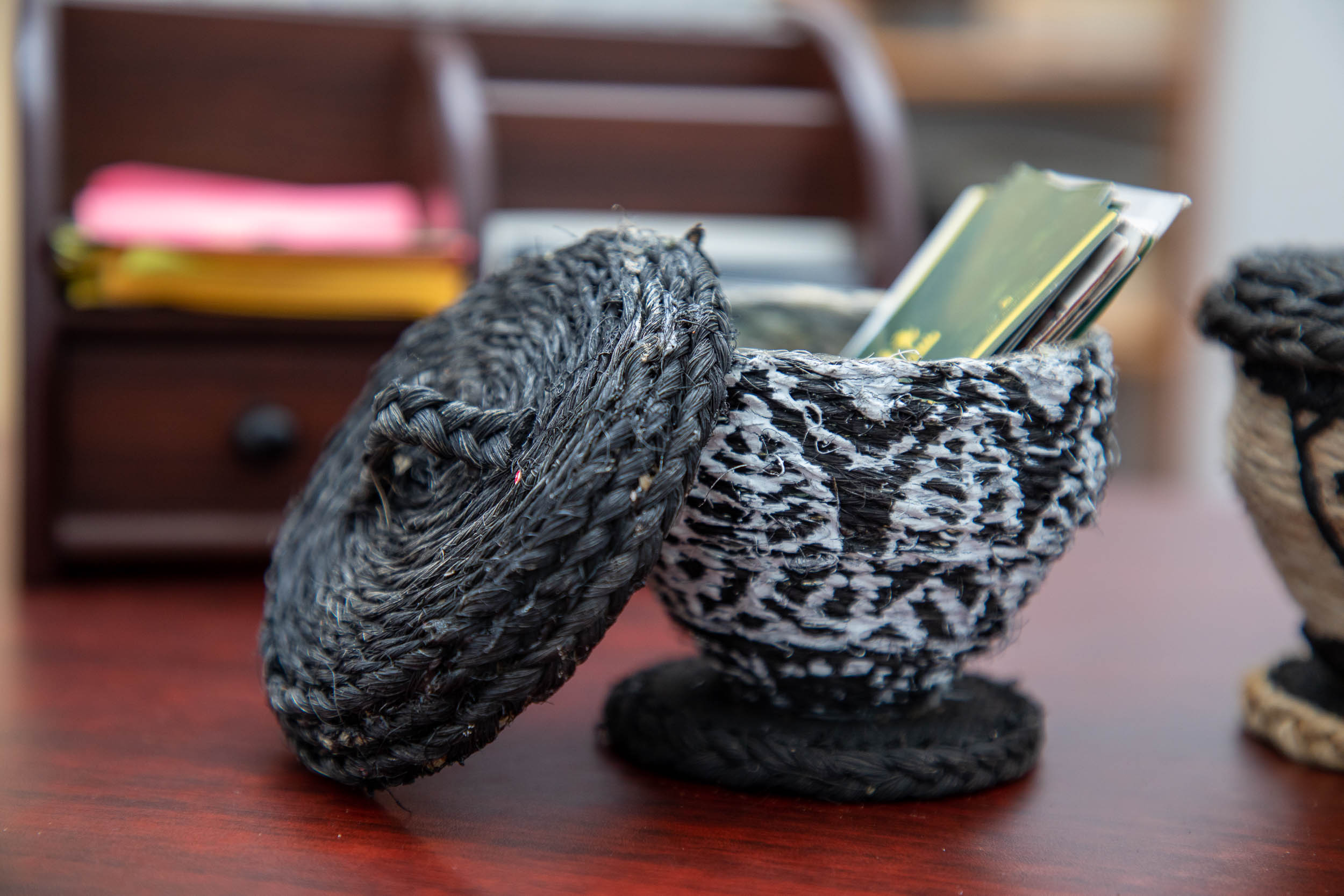
The NANJE NOBAHO artistic center aims at unlocking the youth’s creativity by giving them the opportunity to live off their art. It is also a place responsible for offering educational support services, psychosocial services, rehabilitation and social integration to young members from different communities.
The structure of the Artistic Center
In order to better serve the community and achieve its objectives, the center organizes various activities, including:
Having a library at the Nanje Nobaho artistic center in Buterere for the youth is important for several reasons:
Access to Information
A library provides to the members of the center with an access to a wide range of resources, including books, magazines, and educational materials, which can help young people expand their knowledge and learn new skills.
Promoting Literacy
By having a library at Nanje Nobaho artistic center, it promotes literacy and encourages young people to develop a love for reading, which can have long-term educational benefits.
Empowering Youth
The library empowers youth by giving them the tools and resources they need to educate themselves, enhance their critical thinking skills, and explore topics of interest.
Community Engagement
The library serves as a hub for community engagement and learning, bringing people together for workshops, seminars, and other educational activities.
Personal Growth
Our library supports personal growth and development by offering resources for career development, entrepreneurship, and personal enrichment.
Overall, the presence of a library in the community of Buterere benefits significantly the youth by providing them with opportunities for learning, growth, and empowerment.
The IDEAS Cube tool
The IT club
Cinema screening
The Sexual and reproductive health club
The Painting club
The Contemporary dance club
The drama club
The Early Childhood space
The center has a capacity to accommodate 350 young people for different activities. Today, 153 young members of the center benefit from its activities.
The activities are supervised by Spring Communities staff and 15 volunteers. In order to respect human rights in general and children in particular, all those working with children and young people undergo training in relation to child protection as well as the rules which govern the Spring Communities.
Regular and meticulous monitoring of those working with children as well as the children themselves is carried out by a psychologist responsible for psycho-social support within the center to guarantee the well-being of the children and compliance with the rules in the center.


